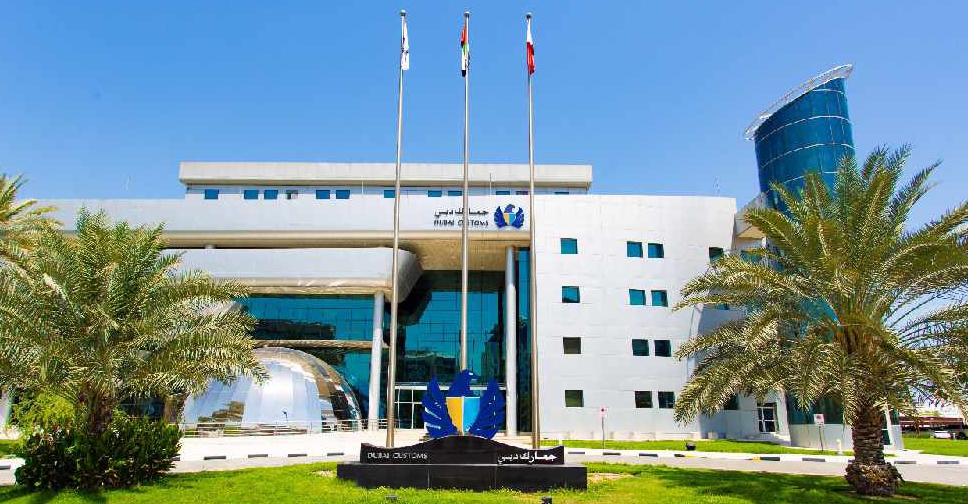
Dubai Customs is the latest government entity to go fully paperless.
It has been awarded the 100% Paperless Stamp by the Dubai Digital Authority, after hitting the milestone.
The ‘Stamp’ is awarded to government entities that have fully implemented the Dubai Paperless Strategy, inaugurated at the start of 2020 by His Highness Sheikh Hamdan bin Mohammed bin Rashid Al Maktoum, Crown Prince of Dubai and Chairman of Dubai Executive Council.
The strategy is aimed at turning Dubai into the happiest and smartest city in the world, and raising the efficiency of government performance.
The objective is to save more than a billion papers used in Dubai Government each year, which would save 130,000 trees, save each visitor and resident in Dubai 40 hours a year, and more than AED 900 million that would have been used to buy paper.
Dubai Customs managed to eliminate 40.6 million papers based on consumption rates of 2018.
In 2019, Dubai Customs started its paperless plans and reduced the consumption of printing papers by 50.58 per cent, and that rate increased to 97 per cent in April 2020 to hit the 100 percent paperless milestone in 2021.
A number of qualitative initiatives were implemented in order to reach the milestone, including the exemption of a physical certificate of origin in cases where no customs charges are needed, electronic archiving, digitizing training materials, online surveys, and encouraging clients to use smart channels for their transactions.
Ahmed Mahboob Musabih, Director General of Dubai Customs, CEO of Ports, Customs and Free Zone Corporation said the latest achievement reflects Dubai Customs' leading position in digital transformation and the quality of services provided to the clients.




 US starts collecting Trump's new 10% tariff
US starts collecting Trump's new 10% tariff
 Nasdaq set to confirm bear market as Trump tariffs trigger recession fears
Nasdaq set to confirm bear market as Trump tariffs trigger recession fears
 Dana Gas and Crescent Petroleum exceed 500M boe in Khor Mor field
Dana Gas and Crescent Petroleum exceed 500M boe in Khor Mor field
 China to impose tariffs of 34% on all US goods
China to impose tariffs of 34% on all US goods
 Shares bruised, dollar crumbles as Trump tariffs stir recession fears
Shares bruised, dollar crumbles as Trump tariffs stir recession fears



